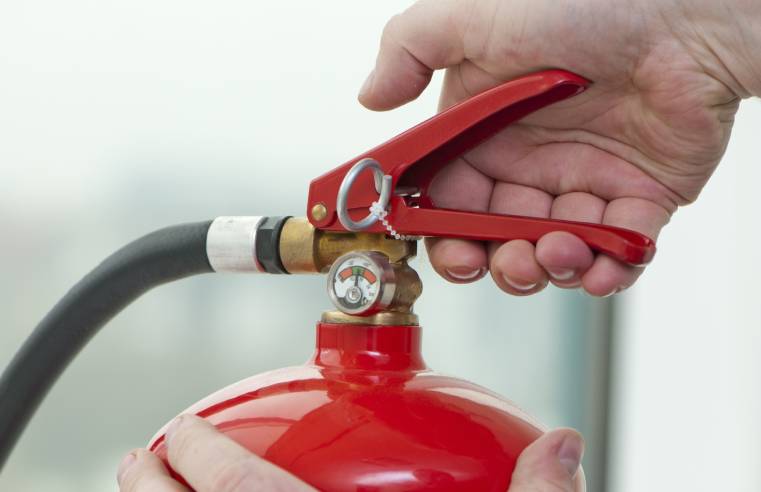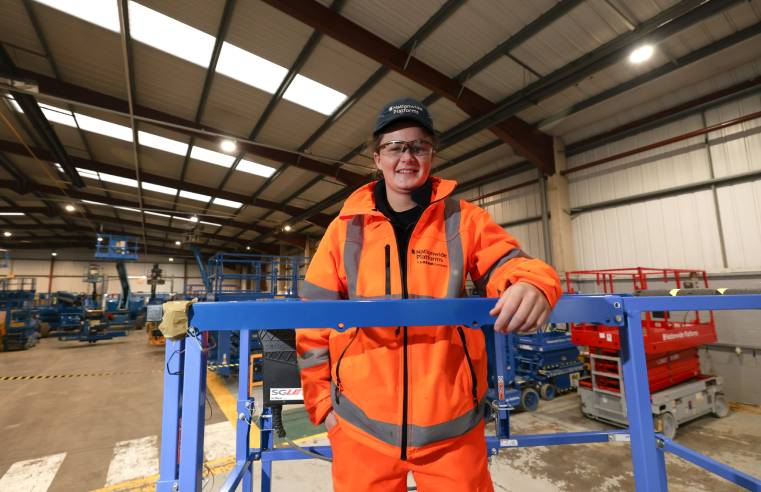Thousands of lives could be saved in the UK every year if people had the right training and education to ‘stop a bleed’ it has been revealed.
A new survey to mark Stop the Bleed Awareness Day shows that 99.3% of all respondents understand that a person can bleed out before professional help arrives, yet just over a quarter have the skills to prevent it.
Carried out by TyTek Medical in partnership with citizenAID, the barometer also illustrated that 78% of people don’t own or have access to medical equipment that would control a bleed, meaning lives could be unnecessarily lost in the wake of a deliberate attack or mass casualty incident.
Calls are now being made to increase training and awareness of the three simple actions you can immediately take in the event of severe bleed, such as pressure with hands, dressing and press and how to apply a tourniquet.
Individuals can also download an app from citizenAID, which gives you step-by-step instructions of what to do during a knife attack, active shooter, explosion or vehicle attack.
This includes how to report the incident, who to treat first, how to treat and then how to deliver crucial handover instructions to medical experts when they arrive.
“Our results demonstrate there is a stark disconnect between knowing the risks and being able to mitigate them,” explained Matt Eccles, Director at Tytek Medical.
“With the pandemic restrictions being lowered, we will increasingly see people moving around and crowds returning to sports and entertainment venues, transport hubs, shopping centres and in the workplace.”
He continued: “It has never been more important to be educated, equipped and empowered to treat a catastrophic bleed and save lives and we want to use Stop the Bleed Awareness Day to urge Government to do more to make training readily available and for organisations to invest in making life-saving equipment easy to access.”
Andrew Thurgood, Chair & Co-founder of citizenAID, said: “We are delighted to be part of this interesting survey and the results clearly demonstrate that there remains a real need to educate and empower the public in how to stop bleeding - thus saving a life.
“For over five years, we have been promoting these important public skills and to see this research coming out of industry shows that we still have a great deal of work to do in our charitable endeavour.”
Around 40% of trauma-related deaths worldwide are due to bleeding or its consequences, which means haemorrhage is the most common cause of preventable death in trauma.
It takes just two to five minutes for someone to bleed out. Therefore, if a bystander at the scene is educated, equipped and empowered, they will have more chance to save that person’s life.
Matt concluded: “87% of responders didn’t know how or where to sign up for a Stop the Bleed class.
“We really need to get the message out there. A simple training class, combined with downloading the citizenAID app and access to the right equipment, could save thousands of lives every year.”






















